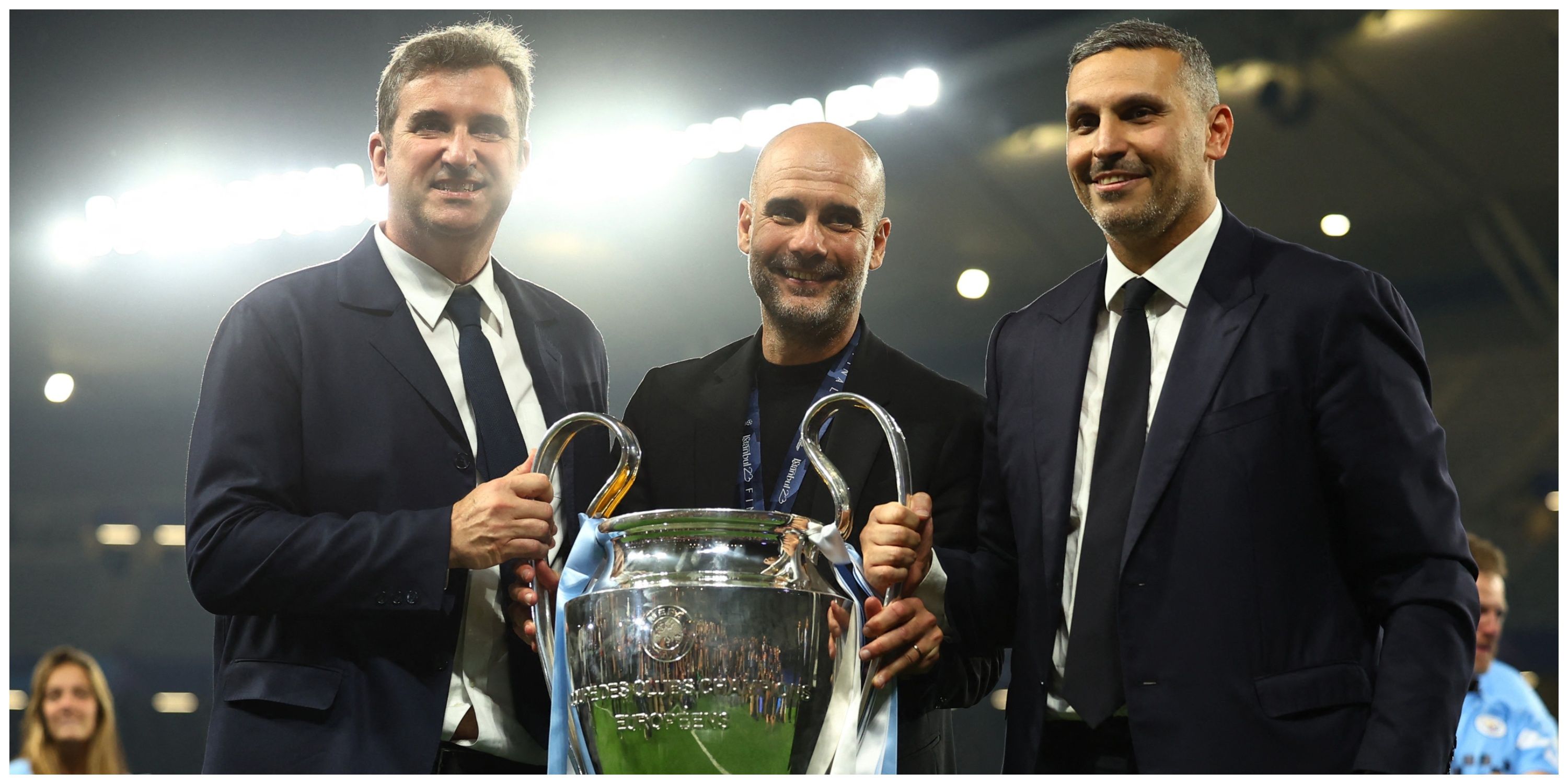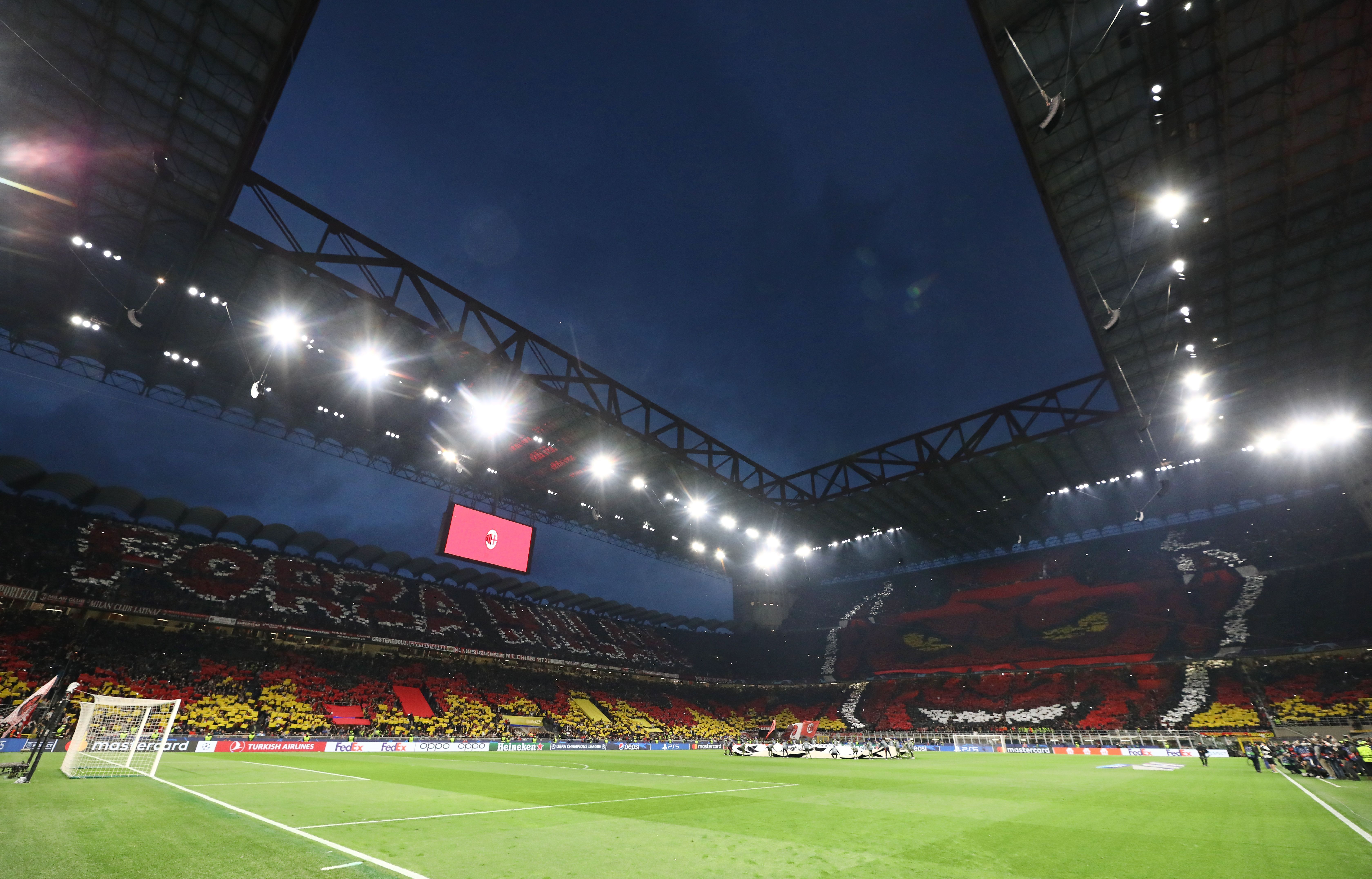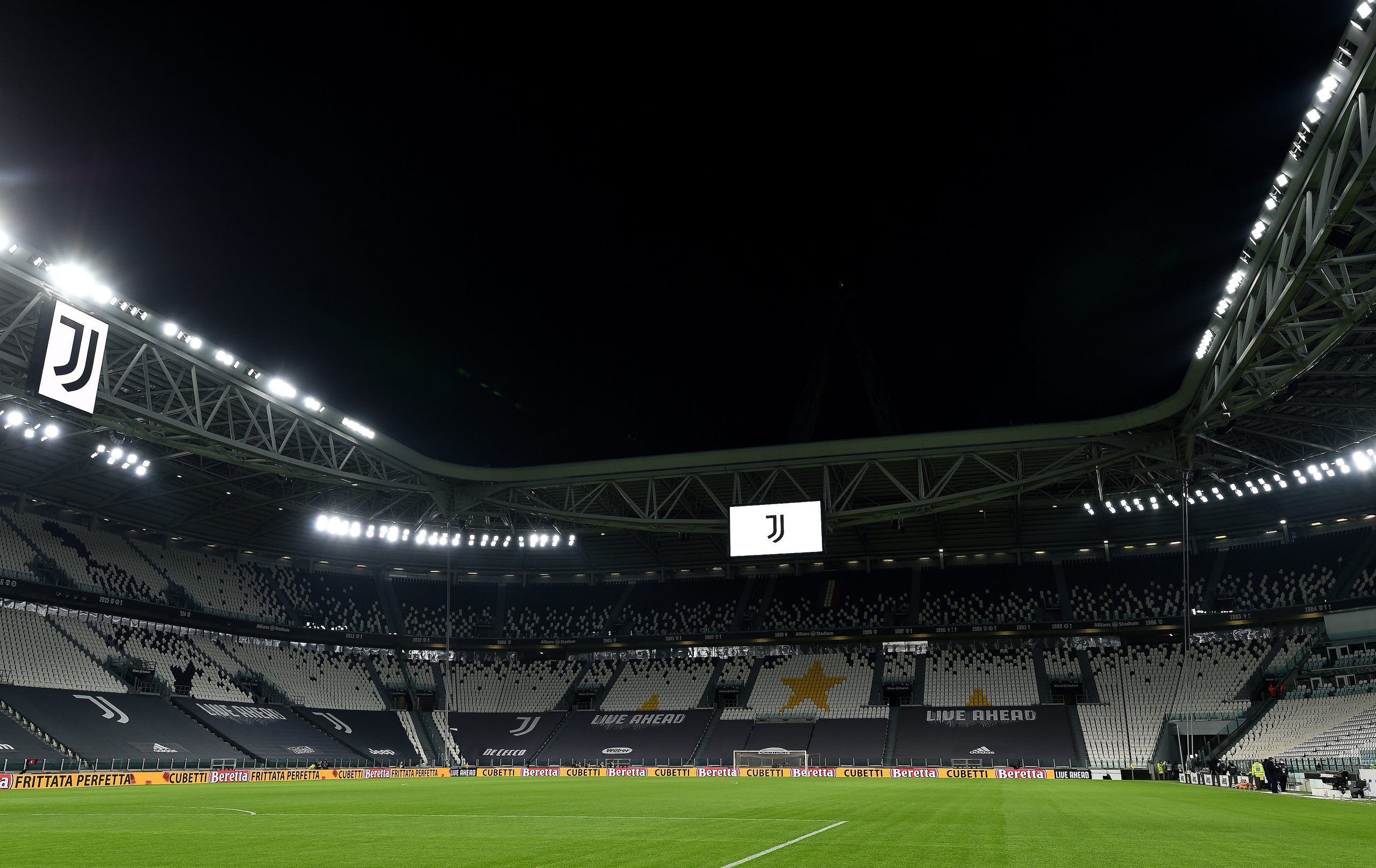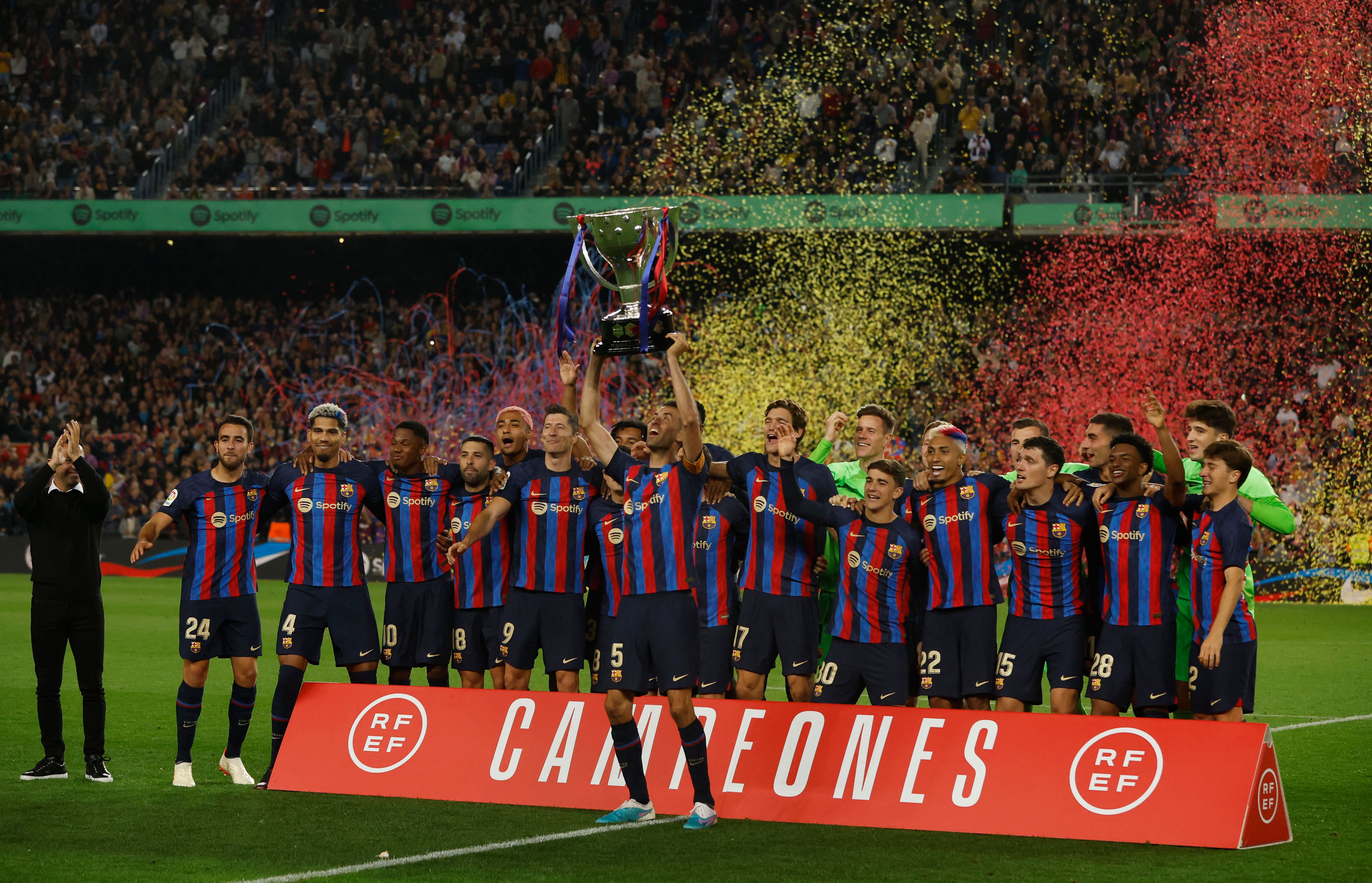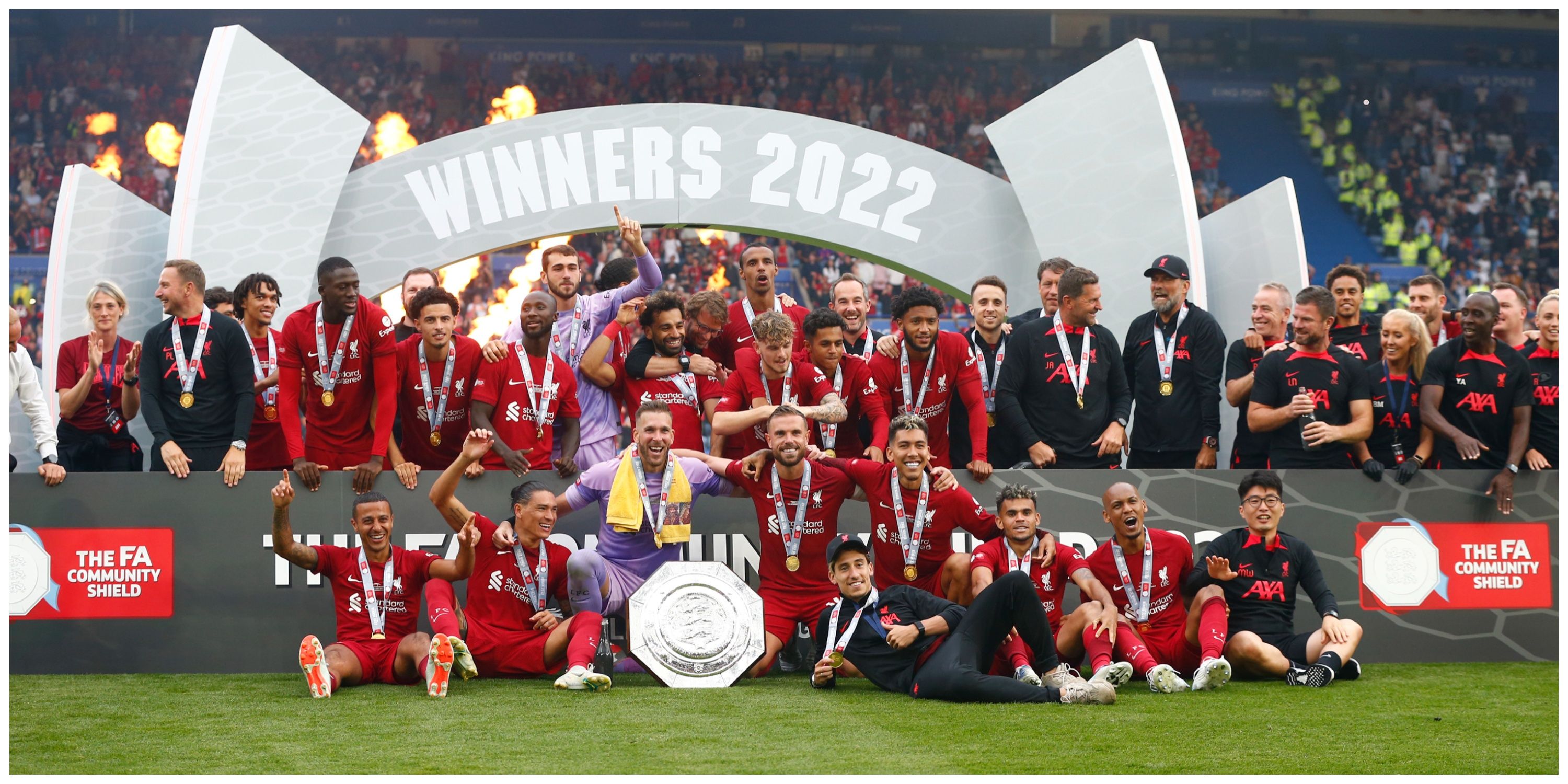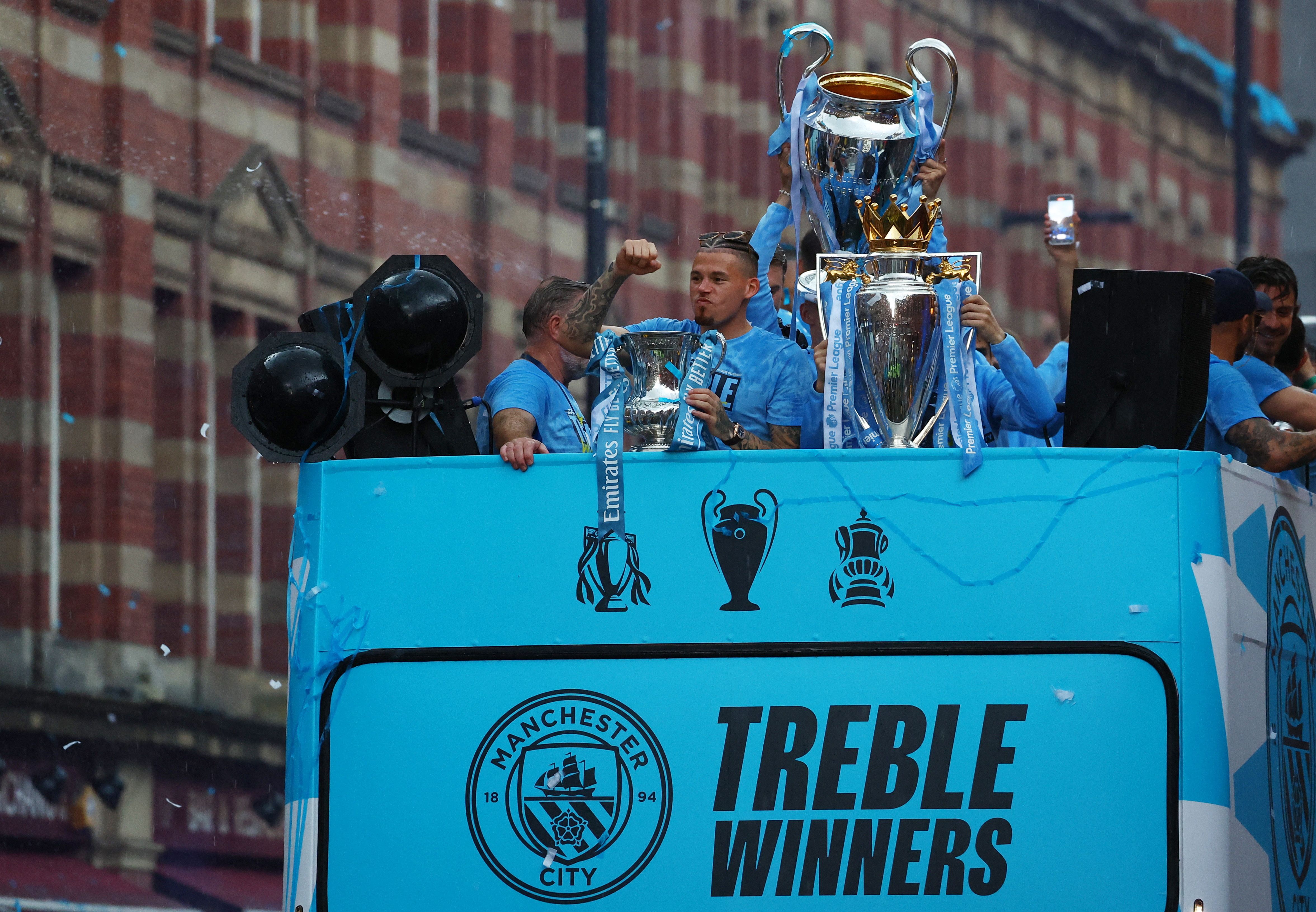Highlights
- Newcastle United’s financial standing has significantly improved due to a takeover by a Saudi Arabian-backed consortium, elevating them to one of the richest clubs in football.
- Everton’s financial strength is derived from a combination of historical significance, strategic management, and recent investments, allowing them to compete at a higher level and position themselves as one of the financially strong clubs in English football.
- Leeds United’s return to the Premier League has unlocked lucrative broadcasting revenue and sponsorship opportunities, while their global fan base and investments by stakeholders have contributed to their financial success.
Football is one of the most lucrative sports in the world, with it a multi-billion dollar business.
Many of the richest clubs on the globe ply their trade in Europe, too, thanks to the continent being host to the biggest leagues in the game and, of course, the UEFA Champions League, which is the biggest club competition in the sport.
Which clubs are the richest of all in Europe, though? We count down the top 20 with the help from Deloitte…
20 Newcastle United (Premier League) – $220 million
Newcastle United’s financial standing was significantly elevated following the takeover by the Saudi Arabian-backed consortium in 2021.
This investment injected considerable funds into the club, making it one of the richest in football. Beyond the takeover, Newcastle’s rich heritage and large fan base have long contributed to steady revenue streams from ticket sales, merchandise, and sponsorship deals.
The iconic St James’ Park stadium also generates matchday income. Despite previous financial challenges, the newfound backing and strategic investments in players and infrastructure position Newcastle United among the wealthiest football clubs, with the potential to capitalise on these resources for future success.
19 Everton (Premier League) – $223 million
Everton’s financial strength is derived from a combination of historical significance, strategic management, and recent investments.
The club’s rich history in English football has contributed to a loyal fanbase and consistent revenue from ticket sales, broadcasting rights, and sponsorship agreements.
The arrival of majority shareholder Farhad Moshiri in 2016 marked a new era of investment, with substantial funds injected into player recruitment and the development of a new stadium at Bramley-Moore Dock. This financial backing, coupled with shrewd business decisions, has allowed Everton to compete at a higher level and positioned them as one of the financially strong clubs in English football.
18 Leeds United (Championship) – $233 million
Leeds’ return to the Premier League in 2020 marked a significant financial boost, unlocking lucrative broadcasting revenue and sponsorship opportunities.
Leeds’ global fan base has continued to contribute to strong merchandising and ticket sales. Investments by the 49ers Enterprises and other stakeholders have also infused capital into the club.
A drop back to the Championship means they will take a hit, but their placing in this list serves as a reminder of the size and appeal the Elland Road club still has.
17 Leicester City (Championship) – $262 million
Leicester City’s financial richness stems from a blend of previous on-field success, intelligent management, and strategic business practices.
Their incredible Premier League title win in the 2015-2016 season catapulted the club into global prominence, leading to enhanced broadcasting revenue and sponsorship deals. Leicester’s participation in European competitions has further contributed to their income streams.
The club’s ownership has been keen on investment in both playing staff and facilities, such as the expansion of the King Power Stadium, without jeopardising financial stability. Their balanced approach to recruitment, focusing on developing talents and making prudent signings, has also played a part in Leicester City’s affluent status.
A shock relegation to the Championship will hit them, but they are well-positioned to bounce back immediately.
16 AC Milan (Serie A) – $276 million
AC Milan’s richness is a product of their storied history, consistent on-field success, and astute business decisions.
As one of the most successful clubs in Italian football, AC Milan’s brand has attracted lucrative sponsorship deals and merchandising opportunities. Their participation in top-tier European competitions has ensured significant revenue from broadcasting rights and prize money.
The iconic San Siro stadium also generates substantial matchday income through ticket sales and other commercial endeavours.
Additionally, the club’s ownership and management have focused on maintaining financial sustainability, investing wisely in player acquisitions and infrastructure.
15 West Ham (Premier League) – $314 million
West Ham United’s financial standing can be attributed to several key factors. The move to the London Stadium has significantly increased their matchday revenue potential through greater ticket sales, hospitality, and other commercial activities.
The club’s growing success on the field, particularly in the English Premier League, has also boosted its share of lucrative broadcasting rights. Strategic player recruitment and sales have allowed West Ham to remain competitive while maintaining financial stability. Additionally, the club’s presence in London, one of the world’s financial hubs, has made it an attractive proposition for sponsorship and investment.
14 Inter Milan (Serie A) – $322 million
Inter Milan’s financial prosperity comes from a combination of historical prestige, on-field success, and strategic business operations. The club’s multiple Serie A titles and international honours have bolstered its reputation, leading to lucrative broadcasting rights and sponsorship deals.
Inter’s consistent presence in European competitions like the UEFA Champions League has also contributed to significant revenue streams. The club’s commercial partnerships, merchandise sales, and matchday income from the iconic San Siro stadium add to their financial strength. Moreover, the ownership and management have made investments in both players and infrastructure, maintaining a balance between spending and income, contributing to Inter Milan’s rich status.
13 Borussia Dortmund (Bundesliga) – $372 million
Borussia Dortmund’s financial success can be attributed to a blend of smart management, on-field performance, and commercial appeal. The club has a reputation for developing young talents and selling them at a profit, maintaining a strong financial position without compromising competitiveness.
Participation in the UEFA Champions League has brought significant revenue through broadcasting rights and prize money. Dortmund’s iconic Signal Iduna Park is renowned for its electric atmosphere, drawing substantial matchday income from ticket sales and other related activities. Additionally, the club’s global fan base has led to valuable sponsorship and merchandising opportunities. These multifaceted approaches have made Borussia Dortmund financially rich.
12 Atletico Madrid (La Liga) – $411 million
Atletico Madrid’s financial strength is the product of several interconnected factors. Their consistent success in both domestic La Liga and international competitions, such as the UEFA Champions League, has led to substantial revenue from broadcasting rights and prize money.
The club’s intelligent recruitment strategy, focusing on developing young talents and making astute signings, has helped maintain competitiveness on the field while balancing the books. Atletico’s brand has also attracted lucrative sponsorship deals, and their move to the modern Wanda Metropolitano stadium has increased matchday revenue. Overall, strategic planning, on-field success, and commercial acumen have contributed to Atletico Madrid’s rich financial status.
11 Juventus (Serie A) – $418 million
Juventus, one of the most successful clubs in Italian football, have amassed considerable wealth through several strategic avenues.
Their dominance in Serie A over the years has led to consistent qualification for the UEFA Champions League, providing substantial revenue from broadcasting rights and prize money.
The club’s international brand appeal has fostered lucrative sponsorship deals and merchandising opportunities. Signing star players, like Cristiano Ronaldo in the past, has further amplified global interest and commercial value.
Juventus also benefits from revenue generated at the Allianz Stadium, including ticket sales and hospitality. All these elements, coupled with prudent financial management, have contributed to Juventus’s rich status in football.
10 Arsenal (Premier League) – $453 million
Arsenal’s financial strength stems from a combination of factors that contribute to its wealth. The club has a rich history and tradition in English football, attracting a global fan base. This widespread popularity has led to lucrative sponsorship deals, merchandising opportunities, and broadcasting rights.
Arsenal’s home ground, the Emirates Stadium, is one of the premier stadiums in Europe, generating significant matchday revenue. The club has also been part of the top tier of English football for a long time, ensuring a share of the Premier League’s revenue distribution. Finally, careful financial management and investment in talent development have solidified Arsenal’s economic position.
9 Tottenham Hotspur (Premier League) – $545 million
Tottenham Hotspur’s financial richness can be attributed to several factors. The club’s consistent performance in domestic and international competitions has contributed to an increased brand value.
This success on the field has translated into lucrative sponsorship deals and broadcasting rights, which form significant revenue streams.
Tottenham have also invested in infrastructure like the new Tottenham Hotspur Stadium, enhancing matchday income through ticket sales, hospitality, and other commercial opportunities.
The management’s strategic planning and shrewd player transfers have allowed them to balance success with financial stability, making Tottenham one of the more affluent clubs in world football.
8 Chelsea (Premier League) – $593 million
Chelsea’s financial standing dramatically improved following the acquisition of the club by Russian billionaire Roman Abramovich in 2003.
This infusion of wealth allowed Chelsea to invest heavily in top talent, both on the pitch and in management, leading to sustained success in domestic and international competitions. The on-field triumphs, in turn, bolstered Chelsea’s global brand, attracting lucrative sponsorship deals and commercial partnerships.
Additionally, Chelsea’s strategic approach to player sales and their share of broadcasting rights from the Premier League and European competitions have contributed to their financial strength. Overall, ownership investment, sporting success, and wise commercial management are at the core of Chelsea’s wealth.
7 Barcelona (La Liga) – $666 million
FC Barcelona’s financial wealth can be traced to a combination of sporting excellence, global brand appeal, and strategic commercial endeavours. Their numerous domestic and international trophies have established them as one of football’s premier clubs, attracting fans from around the world. This global following has been leveraged through merchandise sales, lucrative sponsorship deals, and profitable tours.
Barcelona’s iconic stadium, Camp Nou, also generates significant matchday revenue. Moreover, the club has capitalised on its famous playing style and history by fostering relationships with major global brands. Despite recent financial challenges, the legacy of success and commercial innovation has kept Barcelona among football’s wealthiest entities.
6 Bayern Munich (Bundesliga) – $682 million
Bayern Munich’s financial strength is a result of prudent management, on-field success, and a strong commercial strategy. The club’s consistent performance in the Bundesliga, where they have secured numerous titles, and success in European competitions have solidified their global reputation.
This success has allowed them to negotiate valuable sponsorship deals, including partnerships with leading German and international corporations. Bayern’s emphasis on developing talent through their youth system has also paid dividends, saving costs while maintaining a competitive squad. Moreover, the club’s fan-owned structure has fostered a stable financial environment, making Bayern Munich not only rich but also one of the best-run football clubs globally.
5 Paris Saint-Germain (Ligue 1) – $683 million
Paris Saint-Germain’s immense wealth is largely attributed to its ownership by Qatar Sports Investments, an investment arm of the Qatari state, since 2011. This ownership has infused significant capital into the club, enabling PSG to attract world-class talent through substantial transfer fees and wages.
The club’s success on the pitch, including multiple Ligue 1 titles, has further enhanced their brand, leading to lucrative sponsorship deals and commercial partnerships. PSG has also been able to monetise its growing international fanbase through merchandise sales and global tours. Overall, strong ownership backing, strategic investment in talent, and successful commercial operations have made PSG one of football’s wealthiest clubs.
4 Manchester United (Premier League) – $719 million
Historically one of the most successful clubs in English football, Manchester United’s numerous league titles and international triumphs have cultivated a massive global fanbase.
This has translated into substantial revenue from merchandise sales, ticketing, and lucrative sponsorship deals with global brands. The club’s ownership has also capitalised on their brand by entering various commercial partnerships and negotiating high-value broadcasting rights contracts. Manchester United’s ability to monetise their success and brand has helped maintain their position as one of the richest football clubs in the world.
3 Liverpool (Premier League) – $733 million
Liverpool FC’s wealth can be attributed to a combination of historical success, strategic management, and global appeal.
The club’s numerous domestic and international titles, including Champions League victories, have created a powerful brand recognised worldwide. Their commercial team has leveraged this success, securing valuable sponsorship deals and maximizing merchandising opportunities.
The redevelopment of Anfield has also increased matchday revenue. Liverpool’s management has been savvy in the transfer market, both in acquiring talent and selling players at a profit. Additionally, their share of lucrative Premier League and Champions League broadcasting rights contributes to their financial strength, solidifying Liverpool as one of football’s wealthiest clubs.
2 Real Madrid (La Liga) – $746 million
Real Madrid’s financial wealth is a product of several factors that have combined over a long and storied history. Their success on the pitch, with numerous domestic and UEFA Champions League titles, has enhanced their global brand and appeal.
The club’s marketing strategy has effectively capitalised on this success, leading to lucrative sponsorship deals and merchandise sales worldwide.
Real Madrid have also been adept at negotiating substantial broadcasting rights contracts, both domestically and internationally. Furthermore, their stadium, Santiago Bernabéu, is an iconic venue that generates significant revenue through ticket sales and other events. Overall, a mix of sporting success, commercial acumen, and a strong global presence explains Real Madrid’s rich status.
1 Manchester City (Premier League) – $764 million
Treble winners in 2022/23, Manchester City’s wealth is a significant factor in their footballing success. Since being acquired by the Abu Dhabi United Group in 2008, the club has experienced a substantial financial investment that has enabled them to compete at the highest level.
The backing has allowed Manchester City to acquire world-class talent, both on the pitch and off it with the appointment of Pep Guardiola. Investments in infrastructure, such as the state-of-the-art Etihad Campus, have also played a role. The club’s commercial partnerships and success in domestic and international competitions have further boosted revenues, solidifying Manchester City as now the wealthiest club in world football.

